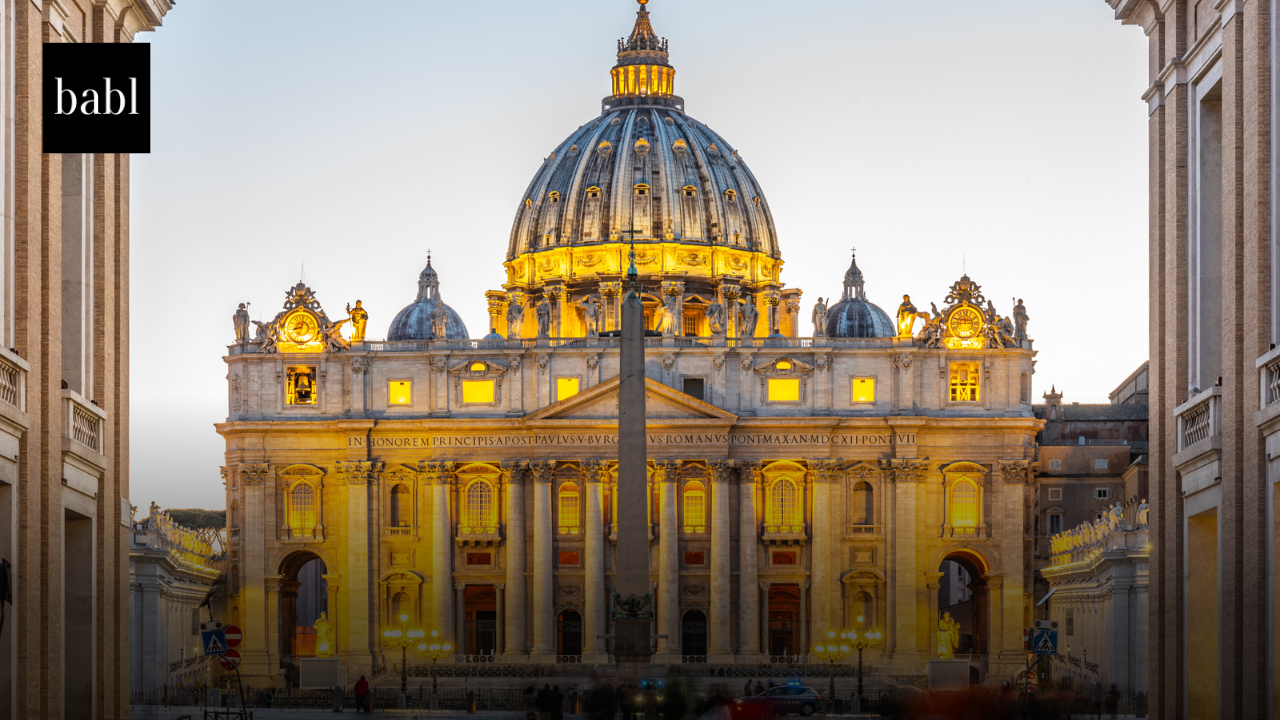The Vatican has released new AI guidelines, enacted under the decree “N. DCCII.” The recently published guidelines outline an ethical framework for the use of artificial intelligence within Vatican City. Published on December 16, 2024, and effective January 1, 2025, these guidelines emphasize a human-centered and ethical approach to AI, aligning with the Vatican’s broader mission of protecting human dignity and the common good.
The guidelines stress transparency, responsibility, and proportionality in AI use, while safeguarding human decision-making. Notably, they prohibit AI applications that could result in discrimination, manipulation, or harm to human dignity, reflecting concerns about maintaining ethical standards in rapidly advancing technologies. These principles extend to various sectors, including healthcare, cultural heritage, infrastructure, and labor, aiming to balance technological advancement with moral imperatives.
AI applications must comply with privacy protections and ensure fairness and accessibility, particularly for individuals with disabilities. The Vatican also prioritizes transparency in data processing and emphasizes the importance of maintaining human oversight in administrative and judicial decisions influenced by AI systems.
To oversee the implementation of these guidelines, a five-member AI Commission, led by the Vatican’s Secretary General, will monitor AI applications, advise on regulations, and report biannually on AI’s impact within Vatican City. This commission aims to ensure the alignment of AI developments with the Vatican’s ethical and pastoral mission.
The decree highlights the Vatican’s proactive stance on integrating ethical considerations into technological innovation. By establishing these guidelines, the Vatican positions itself as a religious, global advocate for responsible AI development, providing a model for ethical AI governance in other nations, religious institutions and organizations.
Need Help?
If you have questions or concerns about these, or any global guidelines, regulations and laws, don’t hesitate to reach out to BABL AI. Their Audit Experts can offer valuable insight, and ensure you’re informed and compliant.





